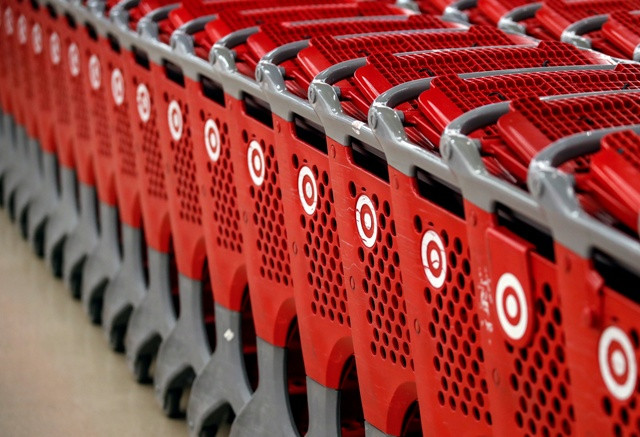Target Corporation announced Good & Gather, a grocery brand which it pegs as the largest of its private labels. The eighth-largest retailer in the United States said Good & Gather will be its multi-billion brand in the coming years.
Beginning September 15, consumers will enjoy a variety of food and beverage items which will include selections for the kids, as well as organic, seasonal, and signature selections. As the grocery brand grows, Target aims to put more than 2,000 food and beverage products exclusively for the Good & Gather shelves up until 2020. There will be dairies and ready-made pasta meals, as well as granola bars and sparkling water.
Currently, Target's internal team is in the process of formulating trendy food items which include innovative recipes for avocado toast, salad, and beet hummus. Selections will nevertheless, include old-time favorites and pantry staples such as eggs and cheese.
As Target grows its Grocery & gather brand, however, it also plans to fold other brands in the process. First on the list will be the Archer Farms and Simply Balanced. It will also reduce the offering under the Market Pantry brand. It is not immediately clear whether food and beverage selections under these brands will be phased out or would be sold at Good & Gather grocery stores.
In line with this development, Target will further enhance in-store exp[evidence for its customers as well as introduce a same-day delivery service.
The announcement comes as Target has been busy reshuffling its brand portfolio for the past year. Most recently it also launched brands that included Everspring, Auden, Colsie, Project 62, and Hearth & Hand with Magnolia, and Cloud Island Essentials. It plans to introduce 25 more brands until the end of this year.
At the same time, Target is scheduled to report quarterly financial results on August 21. In May, CEO Brian Cornell said Target will experience robust growth in both its physical retail arm and digital selling platforms. Indeed, there has been a 4.3 percent jump in its customer traffic weeks leading up to its fiscal report.
Analysts at Wall Street are out with a consensus of $1.62 or revenue of about $18.30 billion. Target shares closed at $84.20 on Friday, and trading at 6 percent below the five-year average.
Target's foray into private brands comes at a time when shoppers prefer it over manufacturer brands. In 2018, sales of private brands in grocery stores were $75 billion, up 1.5 percent from 2017. The same trend was observed in online grocers and convenience stores like 7-Eleven, at 80.2 percent and 12.5 percent respectively. Elsewhere in the country, sales of private brands reached $153 billion in 2018.






